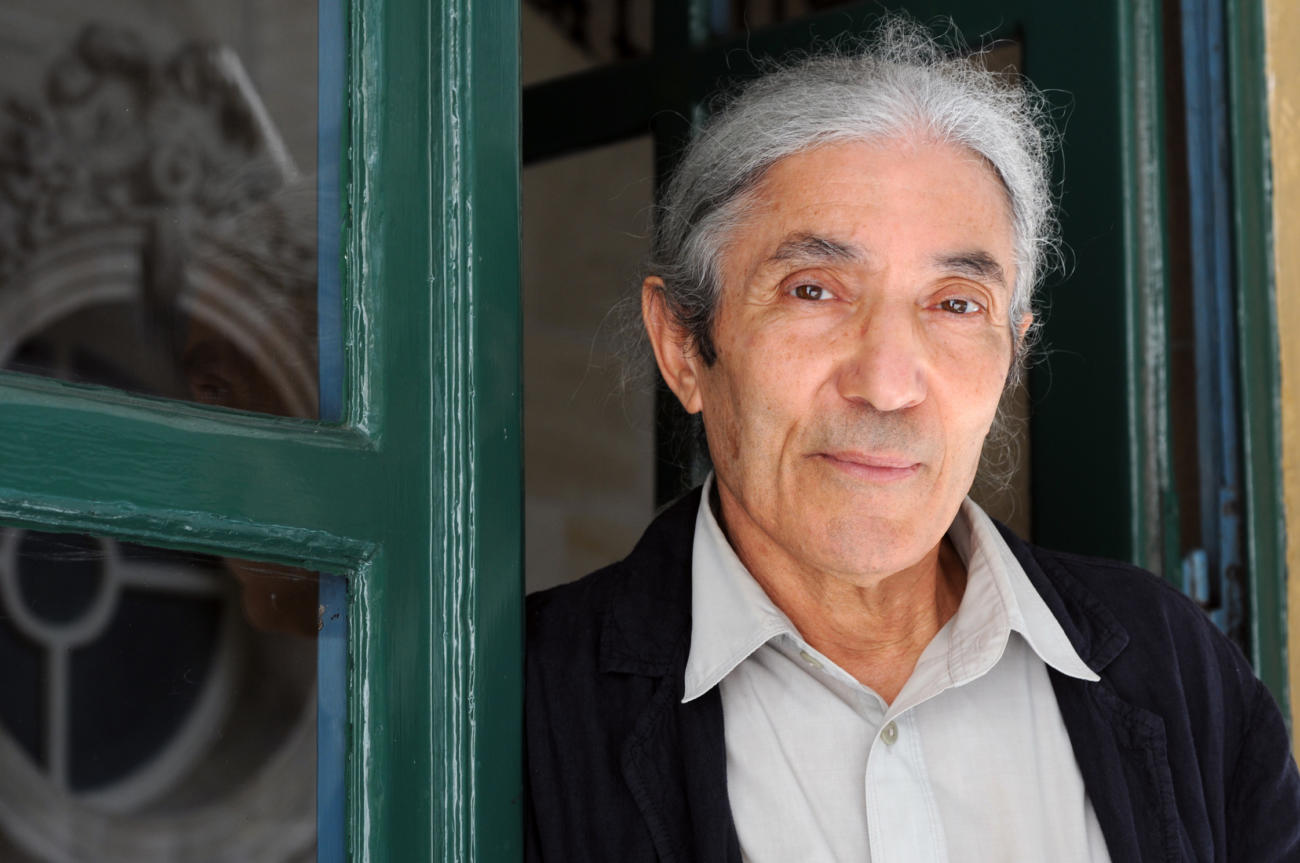The recent arrest of Boualem Sansal, a prominent Franco-Algerian writer, highlights the Algerian regime’s relentless crackdown on dissent and intellectual freedom. Sansal, 80, was detained on November 16 at Algiers Airport and subsequently placed under judicial custody by the country’s antiterrorism prosecutor. This move, ostensibly grounded in Algeria’s sweeping Article 87 bis of the Penal Code, which penalizes acts threatening state security, is yet another troubling episode in a nation where freedom of expression is under siege.
The charges: A veil of national security
Sansal’s arrest stems from remarks made during an interview with the media outlet Frontières, where he reportedly claimed that parts of Moroccan territory were ceded to Algeria during French colonization. The Algerian authorities have interpreted this as an attack on national integrity—a crime met with severe repercussions in the country’s increasingly authoritarian legal landscape.
This use of the “integrity” argument is emblematic of a regime that weaponizes nationalism to stifle criticism. By invoking vague and expansive charges under antiterrorism laws, Algeria continues to blur the lines between genuine threats and legitimate dissent. Such actions not only criminalize free thought but also discredit the nation’s commitment to the rule of law and human rights.
A targeted assault on intellectualism
Boualem Sansal is not just another critic of the regime; he is an internationally acclaimed writer and intellectual, celebrated for his unflinching critiques of extremism and authoritarianism. A laureate of the Grand Prix de la francophonie (2013) and the Grand Prix du roman de l’Académie française (2015), Sansal’s literary contributions have elevated the discourse around democracy and secularism in a region often besieged by dogma and autocracy.
The targeting of Sansal, an octogenarian advocate for reason and dialogue, sends a chilling message to intellectuals within and beyond Algeria’s borders: dissent, even in its most erudite and peaceful form, will not be tolerated.
Broader implications: Algeria’s authoritarian drift
Sansal’s detention is not an isolated incident but part of a broader pattern of repression in Algeria. The regime, under President Abdelmadjid Tebboune, has increasingly relied on repressive tools to silence critics, from journalists and activists to academics. The Hirak movement, once a beacon of peaceful protest and hope for democratic reform, has been systematically dismantled through arrests, censorship, and intimidation.
Article 87 bis, which purports to safeguard national security, has become a blunt instrument for stifling political opposition and free speech. Its overreach undermines Algeria’s constitutional guarantees and aligns the nation with the ranks of states where authoritarianism masquerades as stability.
The hypocrisy of defending “national integrity”
The Algerian regime’s sensitivity to historical narratives—such as Sansal’s comments about colonial border demarcations—reveals its fragile legitimacy. A state confident in its sovereignty and historical standing would address such claims through scholarly debate, not criminal prosecution. Instead, Algeria’s leaders weaponize history as a tool to rally nationalist fervor, deflecting attention from pressing domestic issues such as unemployment, corruption, and economic stagnation.
This hypersensitivity also raises questions about Algeria’s international posture. While projecting itself as a regional leader and voice of pan-African solidarity, its domestic actions betray an insecurity that undermines its credibility on the global stage.
The cost of silence
Boualem Sansal’s plight demands urgent international attention. His arrest is not just an attack on one man but a warning to all who dare to challenge Algeria’s authoritarian status quo. The international community, particularly France and other nations that value intellectual freedom, must hold Algeria accountable for its actions. Diplomatic pressure, public condemnation, and advocacy for Sansal’s release are not merely acts of solidarity but necessary measures to defend the universal principles of free expression.
Algeria’s ongoing assault on intellectuals like Boualem Sansal exposes a regime at war with its own people. By silencing dissent and criminalizing thought, it deepens the divide between state and society, fostering a culture of fear and mistrust. If Algeria’s leaders are to secure a future for their nation, they must abandon their authoritarian instincts and embrace the dialogue and critique that intellectuals like Sansal embody. Only then can the nation move beyond its historical traumas and towards a truly democratic and inclusive society.
Mohamed Mounadi
